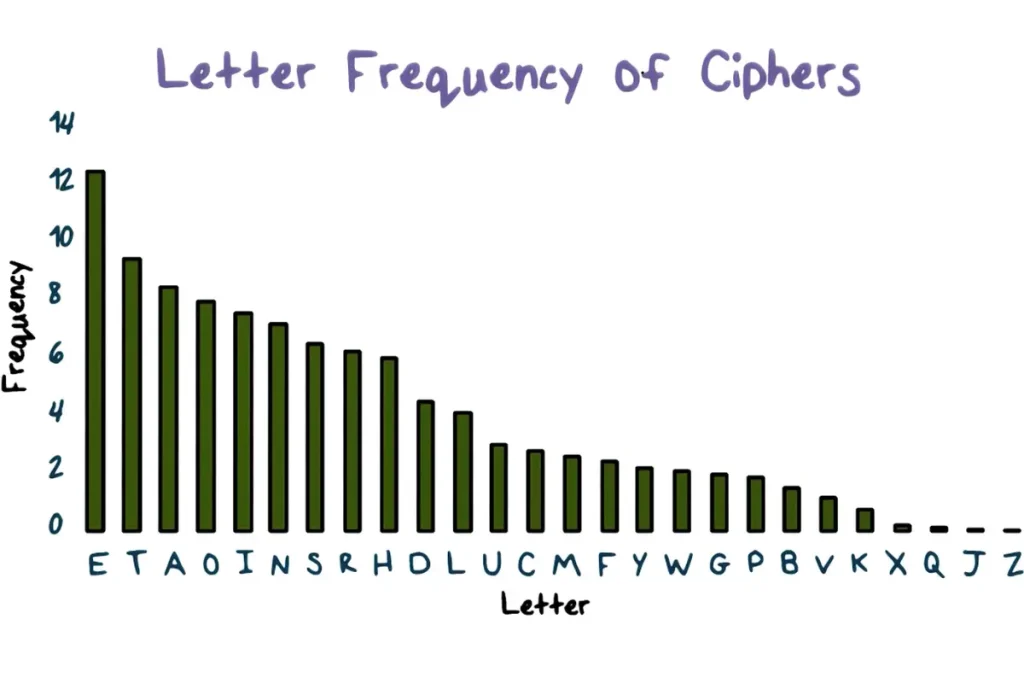Jumble puzzles, often called word jumbles or word scrambles are a fun and engaging way to test your wordplay skills. In this puzzle you’ll find a set of scrambled letters that needed to be rearranged to form a word.
What Are Jumble Puzzles?
Jumble puzzles are word games, it is a set of scramble words that you have to rearrange its letter to form a meaningful word. you may see words like TACOS or RASPE and you have find the correct word after rearrranging the letter. They’re a fun, quick brain teaser that sharpens vocabulary and problem-solving skills. (TACOS might become COATS or RASPE could turn into PEARS)
Strategies to Solve Jumble Puzzles
New to jumbles or just want some solid starting points? Here are a few beginner-friendly tricks to get you going:
- Look for Common Letter Patterns
English words often follow certain patterns. Think about simple words like “cat” or “dog” they start with a consonant, then a vowel, then another consonant. You might also spot letter pairs like “th” in “think” or “sh” in “shoe.” If your jumble has an “H” and a “T,” try putting them together as “th” and see where it leads. - Identify Prefixes and Suffixes
Lots of words have familiar beginnings or endings. For example, “un-” starts words like “undo,” and “re-” kicks off “redo.” On the flip side, endings like “-ed” in “walked” or “-ing” in “running” are super common. If your jumble starts with “R” and “E,” maybe it’s a “re-” word. If it ends with “I-N-G,” it could be a verb. - Use the Process of Elimination
Once you place a few letters, the rest starts falling into place. Imagine you’ve got “T-A-C” and the clue is “a pet.” If you’re pretty sure it starts with “T,” then “cat” fits perfectly, and you can ditch other options like “act.” It’s like narrowing down suspects in a mystery! - Consider Word Length
The number of letters is a huge hint. A five-letter jumble can’t be “cat” (too short) or “pineapple” (way too long). If the clue is “a fruit,” think of five-letter fruits like “lemon” or “grape.” It helps you zero in on the right possibilities.
Advanced Techniques for Tricky Jumbles
Feeling ready to tackle the tougher ones? These next tips are perfect for those stubborn puzzles that don’t give up easily:
- Anagramming
This is all about playing around with the letters. For a jumble like “S-T-O-P-E,” try breaking it into chunks. Start with “S-T” and add “O-P-E,” or mix it up with “S-T-O” and “P-E.” Keep shuffling until something clicks maybe “P-E-S-T-O” if the clue is food-related. Writing the letters down and rearranging them can really help. - Leverage Word Lists or Dictionaries
If you’re totally stumped, peek at a list of words with the same number of letters. Got a six-letter jumble? Scan a six-letter word list and see what matches your letters. It’s a last resort, though solving it yourself feels so much better! - Develop Pattern Recognition
The more you practice, the more you’ll notice common letter combos. Stuff like “tion” in “nation” or “ing” in “running” shows up a lot. If your jumble has “T-I-O-N,” it’s probably a noun like “motion” or “action.” It’s like training your brain to spot shortcuts.
Making the Most of Clues
Clues can be your best friend in jumble puzzles. Here’s how to use them smartly:
- Decode the Clue
Clues come in different flavors. Some are obvious, like “a fruit” for “apple.” Others are sneaky, like “a real page-turner” for “book,” or even riddles like “I speak without a mouth” for “echo.” Figuring out what the clue is trying to tell you helps you focus. - Match Words to the Clue
Think of words that fit the clue, then check your letters. Say your jumble is “N-M-L-O-E” and the clue is “a fruit.” List some five-letter fruits: “apple,” “grape,” “lemon.” “Lemon” works because you can rearrange “N-M-L-O-E” to spell it. If the clue’s tricky, unscramble first and see if it fits.
Practice Makes Perfect: Where to Find Jumbles
Want to get really good? Practice is the key! You can find jumble puzzles in:
- Newspapers (check the puzzle section)
- Puzzle books (grab one at a store or online)
- Our Jumble Answer Page (great for quick online fun)
I still remember my first jumble “C-A-T” and how proud I felt when I got it. With regular practice, even the long ones start feeling doable.
Top Tips for Beginners
- Start Small: Try three- or four-letter words to build your confidence.
- Spot Vowels First: Letters like A, E, I, O, and U often hold the word together find them early.
- Stay Patient: If you’re stuck, take a break and come back with a clear head.
Why Solve Jumble Puzzles?
Jumbles aren’t just a good time they’re great for your brain! They help you pick up new words, get better at spelling, and think more creatively. It’s like a mental workout that doesn’t feel like work.
If you love jumble puzzles, you might also enjoy decoding Cryptoquip, Cryptoquote or Celebrity Ciphers! These puzzles take word games to the next level by substituting letters for other letters it’s like a secret message waiting to be decoded.

